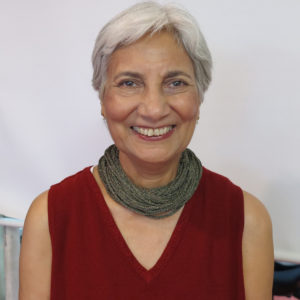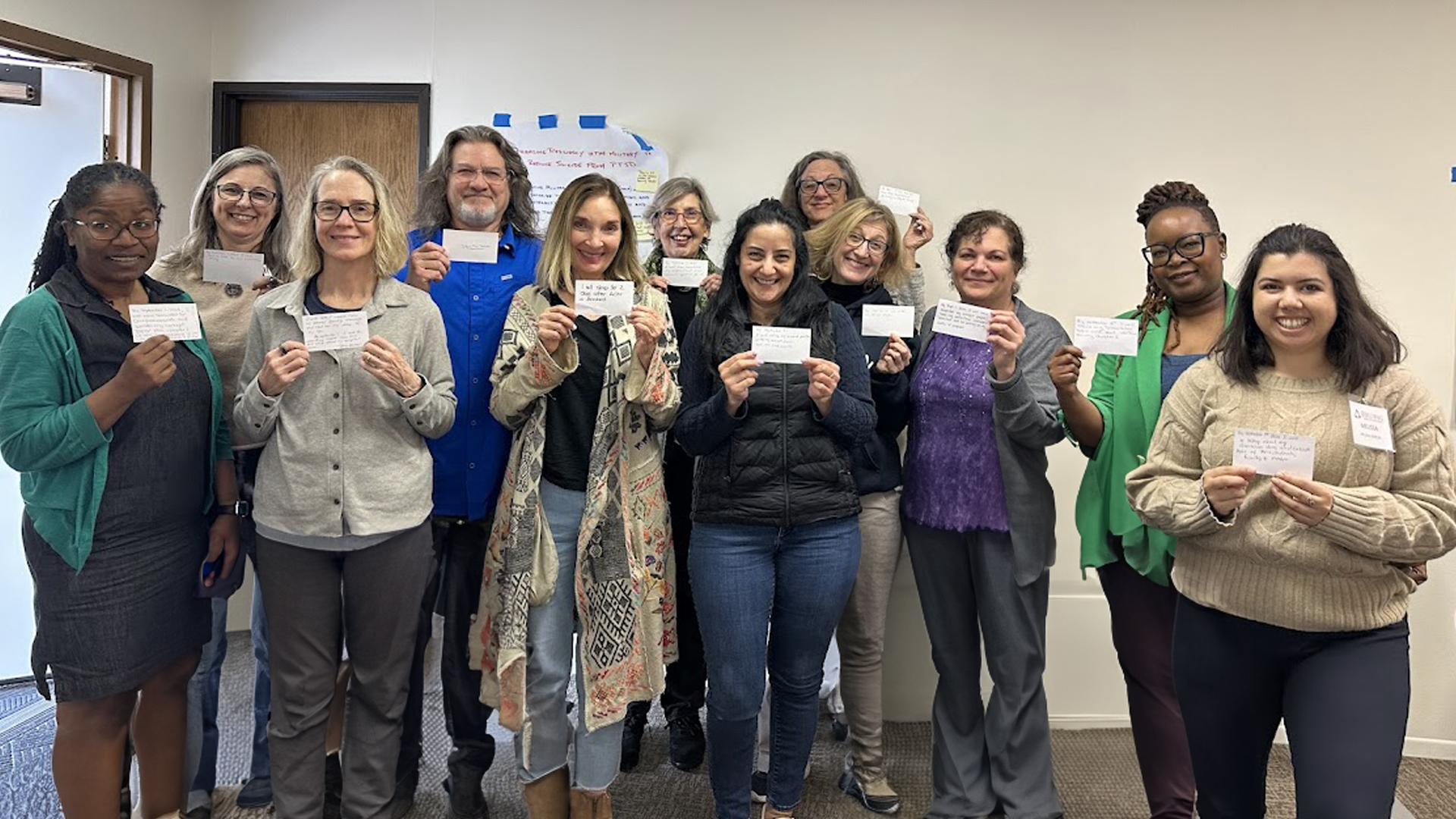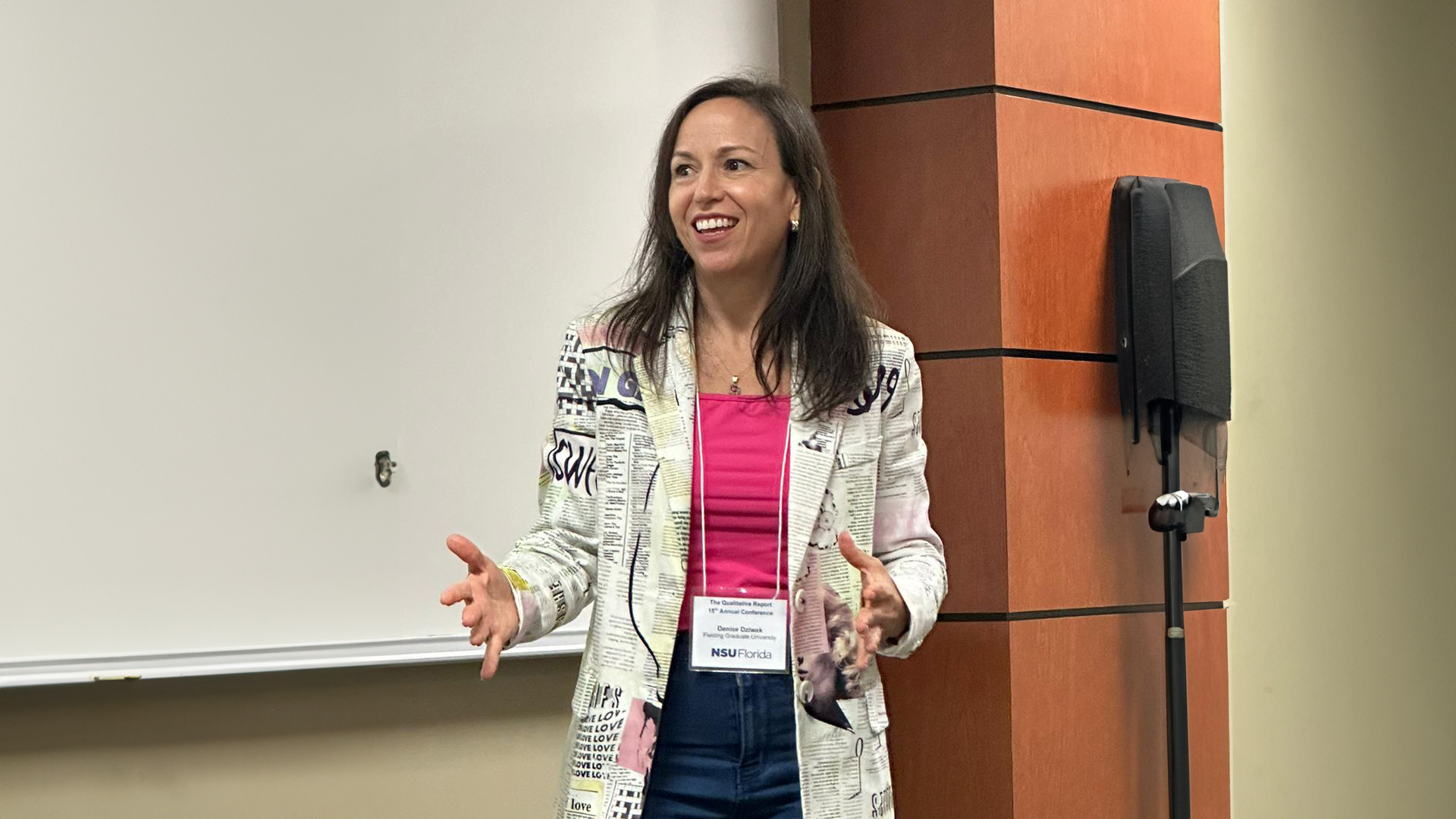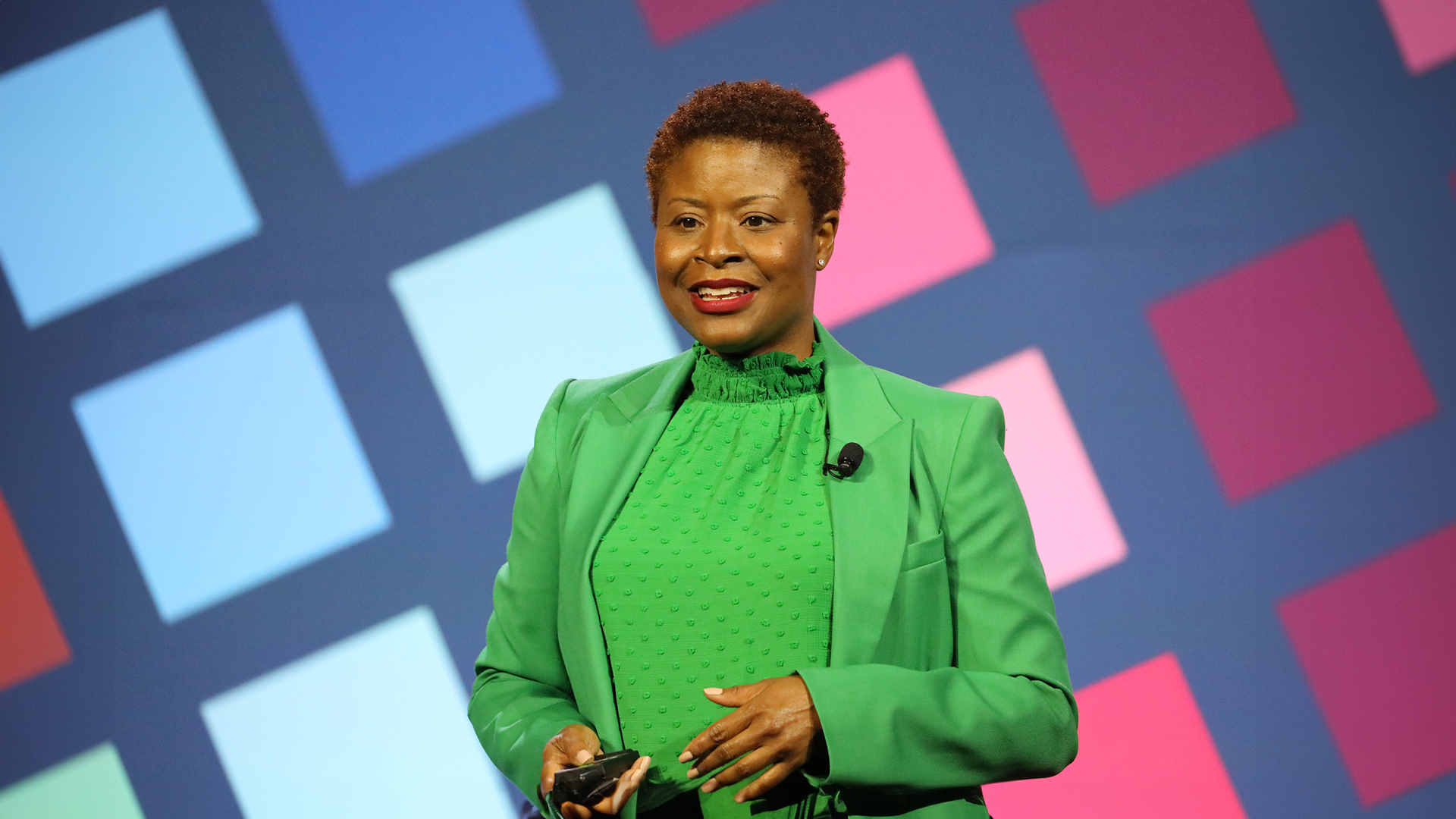
Deepal Awal, Ph.D.
By Deepal Awal, PhD, Evidence Based Coaching Faculty, Fielding Graduate University
One of the quintessential questions I always hear from my students is around the role of emotions in coaching. The question is: But if I explore emotions and past history, isn’t that the domain of therapy rather than coaching?
My deepest rewards in coaching clients comes when I make a difference to their life and living, emotional state of being, and their sense of themselves and their own capacity. In other words: when I can empower them to make a sustainable difference in their life.
And what I have discovered is this cannot happen unless I explore not only emotions but also trauma with my clients. The word trauma brings up a certain fear of treading into domains that are not meant for us coaches. But let’s pause for a moment. Is there any individual who has not had experiences that may be considered traumatic? A divorce, an illness in the family, a sudden lay off, feeling unsafe as a child, a loss of close friend or family member: what impact does this have on our functionality, and relational capacity? Isn’t that the domain of coaching? And can we really enable our clients to explore sustainable changes if we don’t address the fundamental source of those capacities?
What we are describing as traumatic experiences cover an enormous spectrum of experiences. And these experiences have an impact on our capacity to relate to others, our confidence, and feelings of shame and guilt that interfere with our achieving our full potential. Coaching as a modality concerns itself with competency and capacity. In other words, when we work with our clients, we explore not only their goals, strengths, skills and wellbeing but also their potential or dreams as human beings. And as coaches, it becomes necessary to become aware of where our clients are fragmented or separated from their full potential.
So how do we become comfortable in the domain of emotions and trauma as coaches? The first step as we know from our coach training is to learn about yourself/myself. What are my injuries and traumas? And how can I explore what they are so I cannot only heal but also empower myself to work with my clients in this domain?
First, a quick personal story: I had an opportunity to take a supervisory course for coaches withThomas Hubl, an author and thought leader in the Collective Trauma field. I questioned how trauma could relate to my professional work. But inspite of myself, I signed up. The opportunity came highly recommended by people I respected.
And when I saw Hubl’s ability to sense emotions and patterns in the supervision he offered, and the difference it made to my own awareness of who I am, I began to pay attention. My way of being, thinking, feeling, was vastly connected to some of my childhood experiences. It also impacted who I was as a coach. This awareness coupled with continued training in the field gave me the confidence to create a space where exploring trauma with my clients became a possibility.
That being said, it has taken immersive training and exposure to the field of somatic and trauma to feel comfortable in this exploration.
Some key highlights of my message are:
- We cannot explore what we are not familiar with; To explore your own awareness is essential before you step out to do the work in the domain of trauma with your clients
- Trauma is within the domain of coaching
- Trauma when seen as a human condition and not as an isolated event becomes the domain of coaching.
- In certain situations, exploring trauma and emotions with clients is essential if coaching is to have sustainable impact.
References:
Bessel, Van der Kolk (2014). The Body Keeps the Score: Brain, Mind and Body in the Healing of Trauma. Penguin Books.
Hubl, Thomas (2020). Healing Collective Trauma: a process for including our intergenerational and cultural wounds. Sound True Press.
Strozzi, Richard (2014). The Art of Somatic Coaching: Embodying Skillful Action, Wisdom, and Compassion. North Atlantic Books.
About the author
Deepa Awal is an Executive Coach specializing in the support of people who wish to engage in transformational learning, self-awareness, and self-leadership. In her practice, she works with executives as they make a career move, experience a job change, face the challenge of a culturally diverse work group, or handle difficult relationships.
Deepa’s goal is to empower her clients, provide an opportunity for new insights, and enhance their natural predisposition to take action. She holds a Ph.D. and M.Phil. in Organizational Behavior from the Stern School of Business, New York University. She is certified as an MCC with ICF and has been with Fielding University as Adjunct Faculty since 2008.
Deepa likes to paint, read, walk, and have great conversations! She is passionate about learning and self-awareness – for herself and others.
Join Over 7,500 Fielding Alumni Located Around The World!
Change the world. Start with yours.™






Get Social